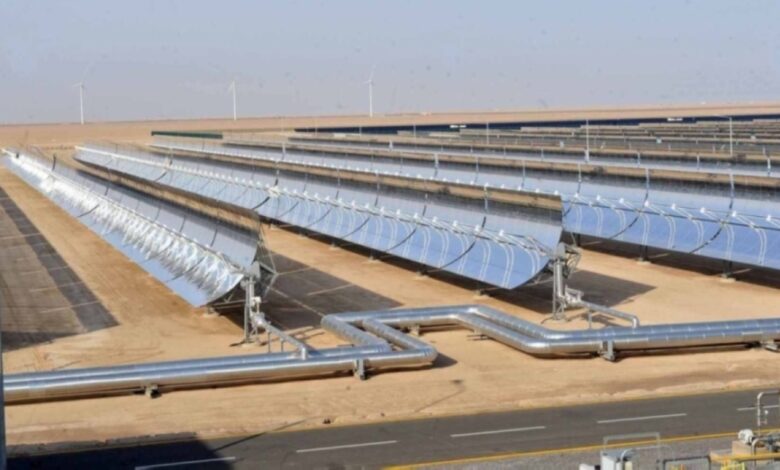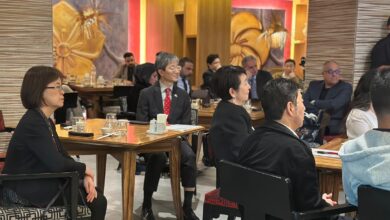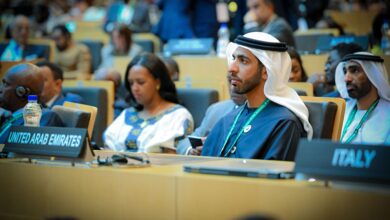Kuwait opens bidding for Al-Dabdabah and Al-Shagaya Phase Three renewable energy projects

The Ministry of Electricity, Water and Renewable Energy has announced the opening of the bidding process for the Al- Dabdabah Power Generation Project and the Al-Shagaya Renewable Energy Project (Phase Three), specifically the second segment known as “Zone 2.”
In a statement issued Sunday, the ministry’s official spokesperson, Engineer Fatima Jawhar Hayat, confirmed that the project is being implemented in cooperation with the Public-Private Partnership Projects Authority and will provide a production capacity of 500 megawatts, reports Al-Rai daily.
Hayat noted that this initiative marks the fourth project the ministry has undertaken with the Partnership Authority.
She recalled that last August, the commitment agreement for the implementation of the Al-Zour North Power Station—phases two and three—was signed between the ministry, the authority, and the winning investor. That project will generate up to 2,700 megawatts of power.
She added that the Al-Zour facility uses combined-cycle technology and produces 120 million imperial gallons of fresh water per day.
Hayat also highlighted earlier developments, including the launch of the first phase of the Al-Khairan Station project last June, with a production capacity of 1,800 megawatts and 33 million imperial gallons of water per day.
Additionally, last August saw the launch of the first segment (“Zone 1”) of the Al- Dabdabah and Al-Shagaya Phase Three project, with a production capacity of 1,100 megawatts.
She stated that the total production capacity of electricity projects currently offered in partnership with the authority has reached 6,100 megawatts—equivalent to nearly 30 percent of Kuwait’s existing power generation capacity.
This, she said, reflects the state’s commitment to expanding modern and renewable energy projects and strengthening the security and sustainability of the national electricity grid.
Hayat emphasized that opening the door to global investors represents a key strategic move to attract international expertise and advanced technologies.
This step, she said, will enhance the quality and efficiency of energy projects in Kuwait and support national goals for energy transition under the “Kuwait Vision 2035.”












